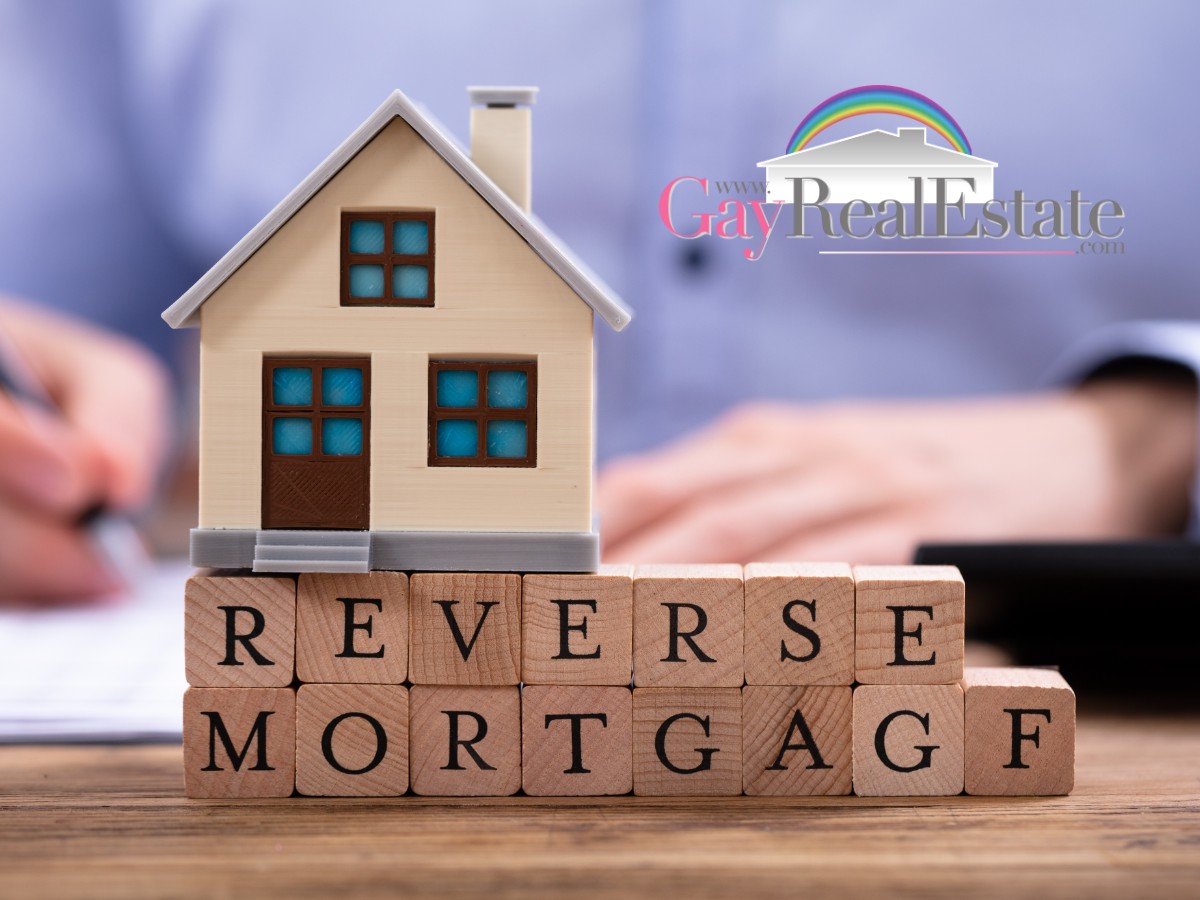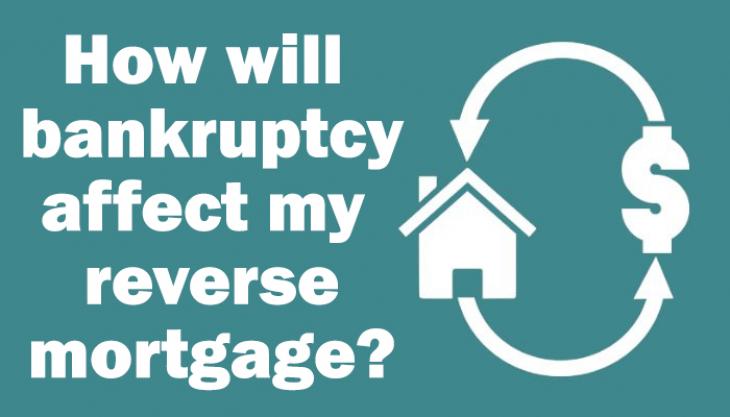Why More Homeowners Are Deciding to Purchase Reverse Mortgage
Why More Homeowners Are Deciding to Purchase Reverse Mortgage
Blog Article
Empower Your Retirement: The Smart Way to Acquisition a Reverse Home Mortgage
As retired life methods, many individuals look for efficient methods to boost their monetary independence and health. Among these approaches, a reverse home mortgage emerges as a feasible choice for house owners aged 62 and older, allowing them to touch right into their home equity without the need of monthly repayments. While this monetary device supplies numerous benefits, consisting of raised capital and the prospective to cover crucial costs, it is essential to recognize the details of the application procedure and essential factors to consider involved. The next actions might expose exactly how you can make a well-informed decision that could considerably affect your retired life years.
Understanding Reverse Home Loans
Recognizing reverse home loans can be crucial for property owners seeking economic flexibility in retired life. A reverse home loan is an economic product that permits qualified house owners, normally aged 62 and older, to transform a portion of their home equity right into money. Unlike typical mortgages, where borrowers make regular monthly payments to a lending institution, reverse home loans allow homeowners to receive payments or a swelling sum while preserving ownership of their property.
The amount available with a reverse home mortgage depends upon numerous variables, including the house owner's age, the home's value, and present rates of interest. Importantly, the financing does not have to be repaid until the homeowner markets the home, leaves, or dies.
It is important for prospective debtors to understand the ramifications of this financial product, including the effect on estate inheritance, tax obligation factors to consider, and continuous responsibilities associated with home maintenance, tax obligations, and insurance. Furthermore, counseling sessions with accredited experts are frequently called for to make sure that borrowers totally understand the conditions of the funding. On the whole, an extensive understanding of reverse mortgages can encourage house owners to make informed choices concerning their monetary future in retired life.
Advantages of a Reverse Home Loan
A reverse mortgage offers a number of engaging benefits for eligible house owners, particularly those in retirement. This monetary tool permits senior citizens to convert a section of their home equity into cash money, offering crucial funds without the demand for regular monthly mortgage settlements. The money gotten can be made use of for different objectives, such as covering medical expenditures, making home improvements, or supplementing retired life earnings, hence improving overall monetary flexibility.
One considerable benefit of a reverse home loan is that it does not call for payment up until the homeowner vacates, sells the home, or dies - purchase reverse mortgage. This function allows retirees to preserve their way of life and satisfy unforeseen costs without the problem of monthly settlements. Furthermore, the funds received are normally tax-free, allowing home owners to utilize their money without worry of tax obligation implications
Moreover, a reverse mortgage can provide satisfaction, knowing that it can act as a monetary safeguard during challenging times. House owners likewise maintain ownership of their homes, ensuring they can proceed residing in a familiar atmosphere. Ultimately, a reverse mortgage can be a critical economic resource, encouraging senior citizens to handle their finances effectively while enjoying their gold years.
The Application Process
Navigating the application process for a reverse home loan is an essential action for house owners considering this economic choice. The initial stage involves evaluating eligibility, which commonly requires the home owner to be at the very least 62 years of ages, very own the home outright or have a low home loan balance, and inhabit the home as their primary residence.
When eligibility is validated, property owners must undergo a counseling session with a HUD-approved counselor. This session makes certain that they fully recognize the implications of a reverse mortgage, consisting of the obligations included. purchase reverse mortgage. After completing therapy, applicants can proceed to collect needed documentation, including evidence of income, possessions, and the home's worth
The following action requires sending an application to a lending institution, who will analyze the financial and building credentials. An evaluation of the home will certainly also be carried out to determine its market price. If accepted, the loan provider will certainly offer car loan terms, which must be evaluated thoroughly.
Upon approval, the closing procedure adheres to, where last files are signed, and funds are disbursed. Comprehending each phase of this click here for more info application procedure can dramatically enhance the home owner's self-confidence and decision-making relating to reverse home loans.

Trick Factors To Consider Prior To Investing In
Getting a reverse home mortgage is a considerable monetary decision that requires cautious consideration of a number of essential elements. Initially, understanding your qualification is crucial. House owners should go to least 62 years old, and the home should be their primary home. Assessing your economic demands and objectives is just as vital; establish whether a reverse home mortgage aligns with your lasting strategies.

A reverse home loan can influence my sources your eligibility for certain federal government benefits, such as Medicaid. By extensively reviewing these factors to consider, you can make a more informed decision regarding whether a reverse mortgage is the ideal economic approach for your retired life.
Making the Many of Your Funds
Once you have actually protected a reverse mortgage, effectively handling the funds becomes a concern. The flexibility of a reverse home loan permits house owners to use the funds in numerous means, however strategic preparation is vital to maximize their advantages.
One key method is to develop a budget that describes your monetary objectives and regular monthly costs. By determining needed expenditures such as medical care, real estate tax, and home upkeep, you can designate funds accordingly to make certain lasting sustainability. Additionally, think about making use of a part of the funds for investments that can generate earnings or appreciate in time, such as mutual funds or dividend-paying supplies.
Another crucial facet is to maintain a reserve. Setting apart a reserve from your reverse home mortgage can help cover unanticipated expenses, supplying satisfaction and monetary security. Additionally, seek advice from a monetary expert to discover possible tax ramifications and how to incorporate reverse home loan funds right into your general retired life strategy.
Ultimately, prudent monitoring of reverse home mortgage funds can improve your financial security, allowing you to enjoy your retirement years without the stress and anxiety of monetary unpredictability. Mindful planning and educated decision-making will make certain that your funds work efficiently for you.
Final Thought
In verdict, a reverse home mortgage offers a practical economic strategy for senior citizens looking for to improve their retirement experience. By transforming home equity into accessible funds, individuals can address important costs and safe and secure added financial resources without incurring month-to-month repayments.
Comprehending reverse home mortgages can be essential for homeowners seeking monetary flexibility in retired life. A reverse home mortgage is an economic product that allows eligible house owners, commonly aged 62 and older, to convert a part of their home equity into cash. Unlike standard home loans, where debtors make month-to-month payments to a loan provider, reverse mortgages make it possible for home owners to receive settlements browse around this web-site or a lump sum while retaining possession of their building.
Overall, a detailed understanding of reverse home loans can empower homeowners to make educated choices concerning their financial future in retirement.
Seek advice from with a monetary advisor to discover feasible tax effects and just how to incorporate reverse home loan funds into your total retired life technique.
Report this page